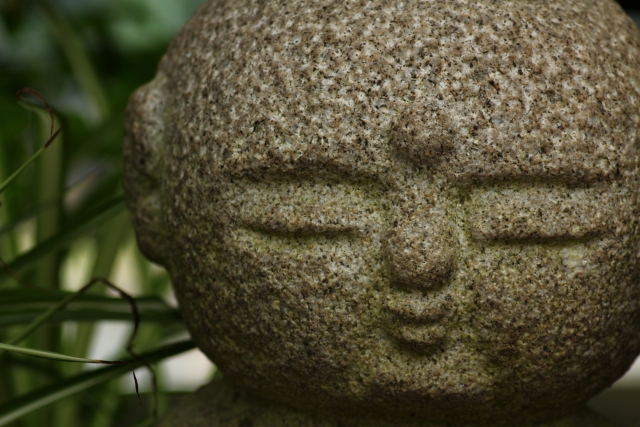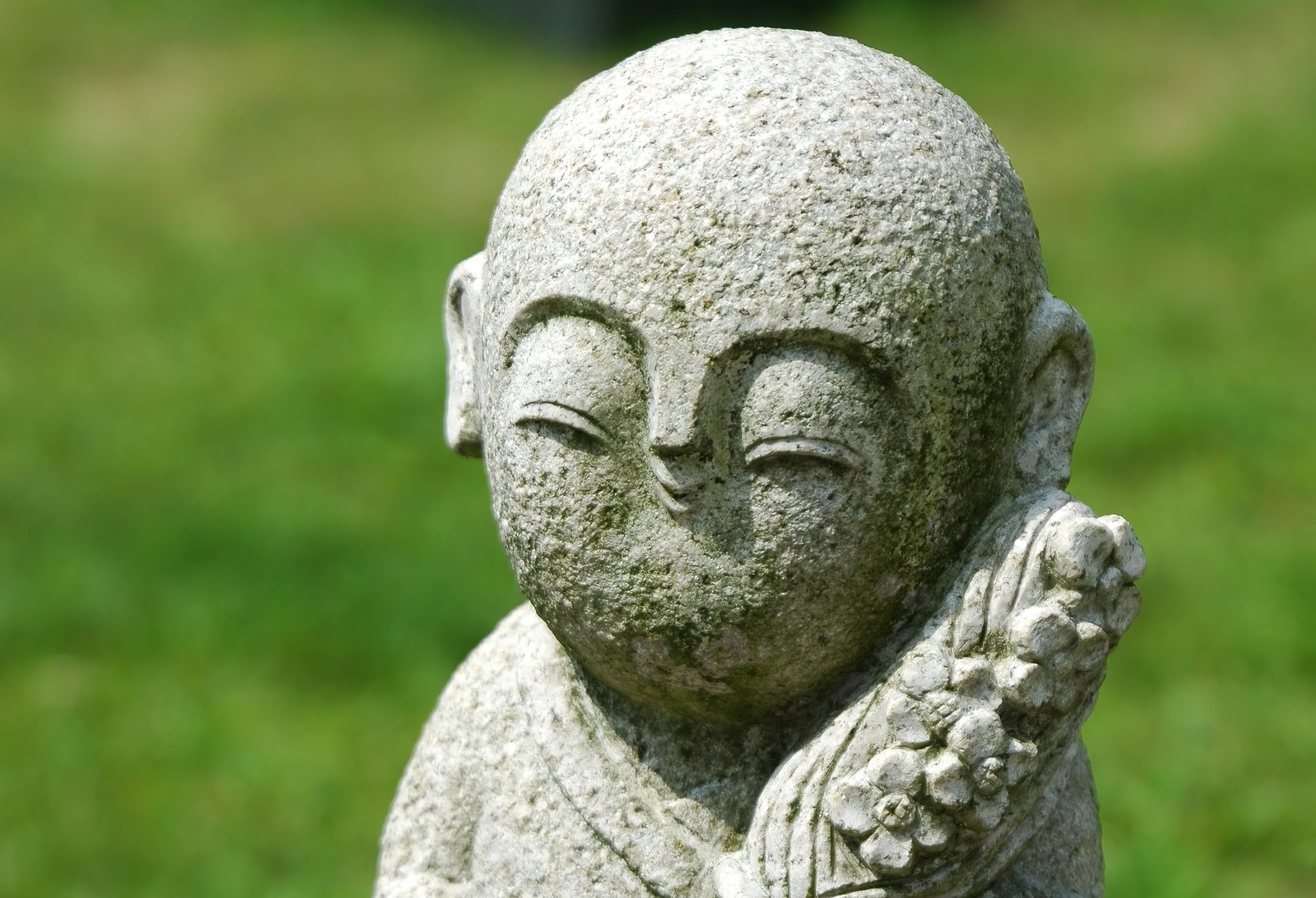
What is your ACE score? – No, I am not talking about a card game. ACE is an acronym for ‘Adverse Childhood Experience.’ You would get a higher ACE score if you were exposed to developmental trauma when growing up as a child, such as:
- Experienced recurrent emotional abuse.
- Physical abuse.
- Sexual abuse.
- Have experienced physical neglect.
- Emotional neglect.
- Someone in your childhood home had substance abuse issues.
- Someone struggled with mental illness.
- Someone participated in criminal behaviour or went to jail.
- Mother treated you violently.
- Your parents divorced or separated.
How many of the traumas listed above did you experience in your childhood? Based on extensive studies in the U.S., the higher your ACE score, the greater your risk for chronic physical and mental health conditions; addictive behaviours; violent behaviour; being a victim of violence; suicide; marriage break-down and workplace absenteeism. Childhood trauma can affect many areas of our lives, including physical health, mental health, economic health and social health.
Someone with an ACE score of 4 is more at risk of the conditions listed as below when compared with someone with an ACE score of 0:
- Cancer 200% (Greater risk)
- Heart disease 200%
- Emphysema/Chronic bronchitis 400%
- Depression 460%
- Alcohol addiction 700%
- Attempt suicide 1200%
The existing research also suggests that people with an ACE score of 6 or higher are at risk of their lifespan being shortened by 20 years. Experiencing trauma or having adverse experiences in childhood changes the way your body deals with stress. According to research, these physiological changes, resulting from unsolved PTSD, are related to many physical conditions.
Trauma does not have to be the result of a life-death-experience. We experience big and small traumas in our day-to-day lives. When coping with chronic physical health conditions, it may be worthwhile to consider if exploring past traumatic experiences can help you heal and improve your quality of life.

